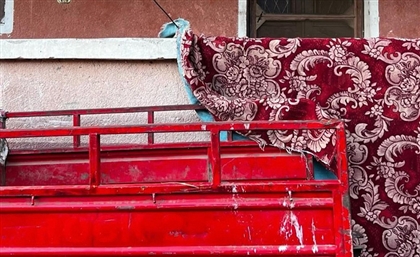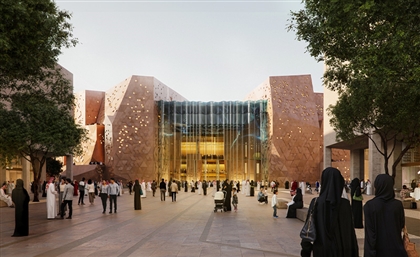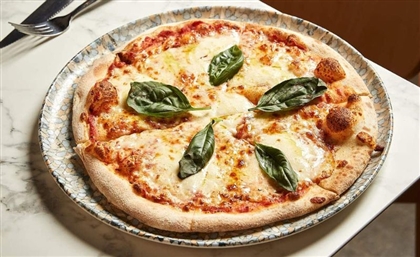8 Local Fashion Brands Empowering Egyptian Craftswomen
These local Egyptian brands provide underprivileged women with the creative space to utilise their embroidery and needlework skills, while earning an income.
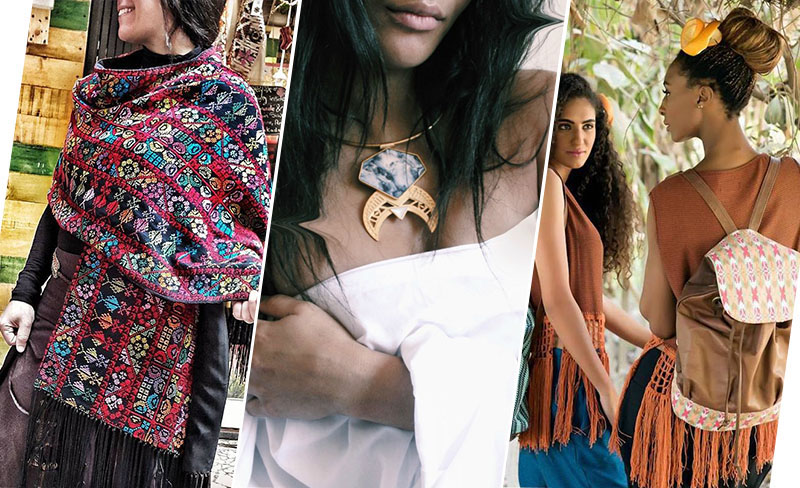
Due to the fact that modernity has taken hold on what it means for a woman to be a fashion designer, often privileged with the capital to open a trendy boutique, there remains a large represented faction of talented women who can barely make a local sale. More often than not, these women come from the poorer rural towns of Egypt, and frequently are forced to quit their education to work and support a family.
What we overlook most of the time is that these women have the creative capacity to embody Egyptian heritage and culture. Through fine needlework, embroidery, knitting, crochet, and jewellery making, these women manipulate the materials at hand to create high quality fashionable items that yield them financial gains.
We’ve put together a list of local brands based in Egypt that recognise the hard work and incredible talents of these women. The brands closely work with the crafters to further highlight Egypt’s rich history through their unique creations. By doing so, they shine a spotlight on the work of artisans, which in turn, empowers them financially, supports families, and encourages them to pass on their talents.
Jozee Boutique
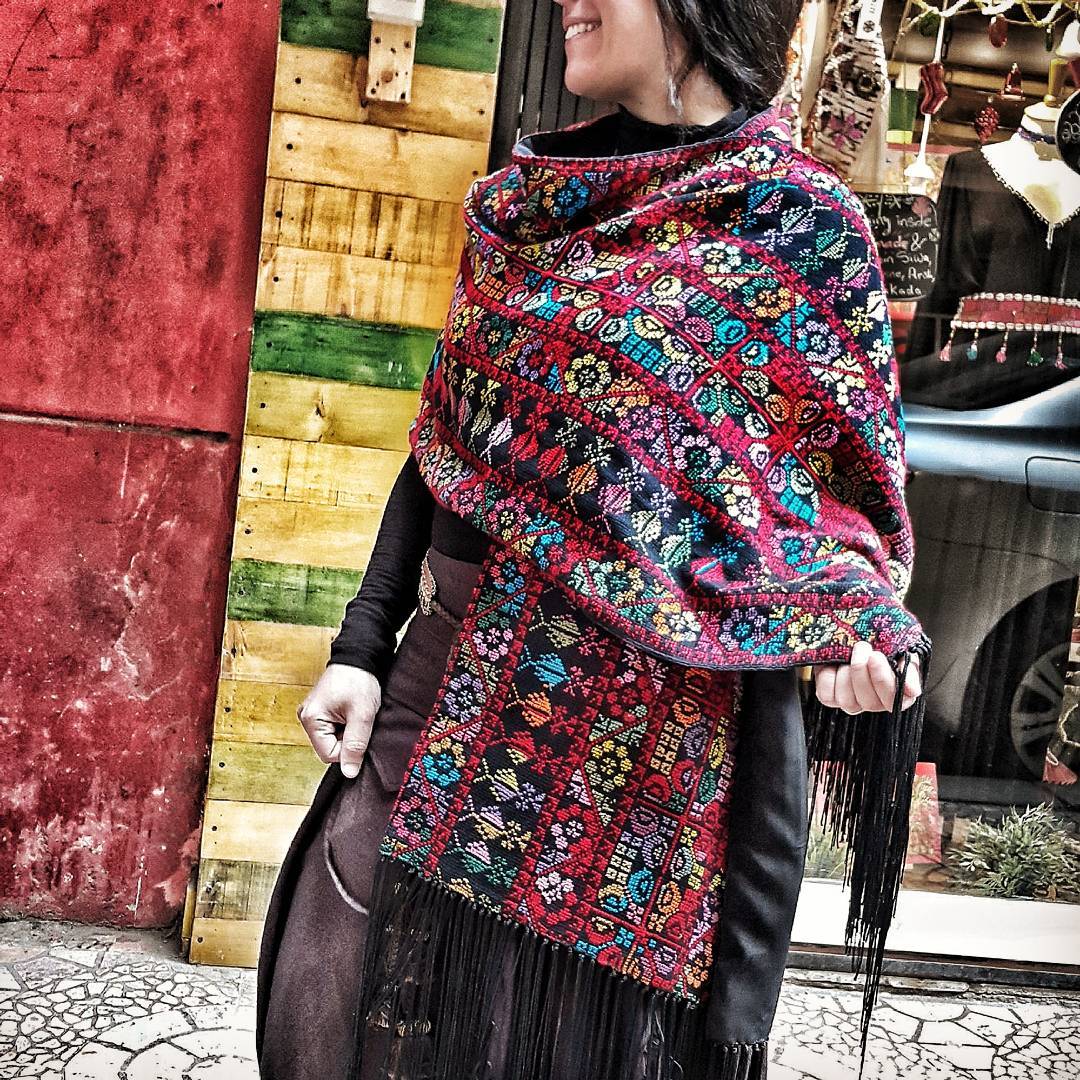
As founders of Jozee Boutique, Josline El Kholy and her husband Ezz Eldin Mokhtar design tribal patterns inspired by their travels throughout Egypt. The couple employs Bedouin women to work on traditional embroidery, which is then used to create stunning leather pouches, bags, and ethnic clothing. It allows Bedouin women the creative freedom to utilise their culture and heritage in a line of work that yields steady income.
Allaga
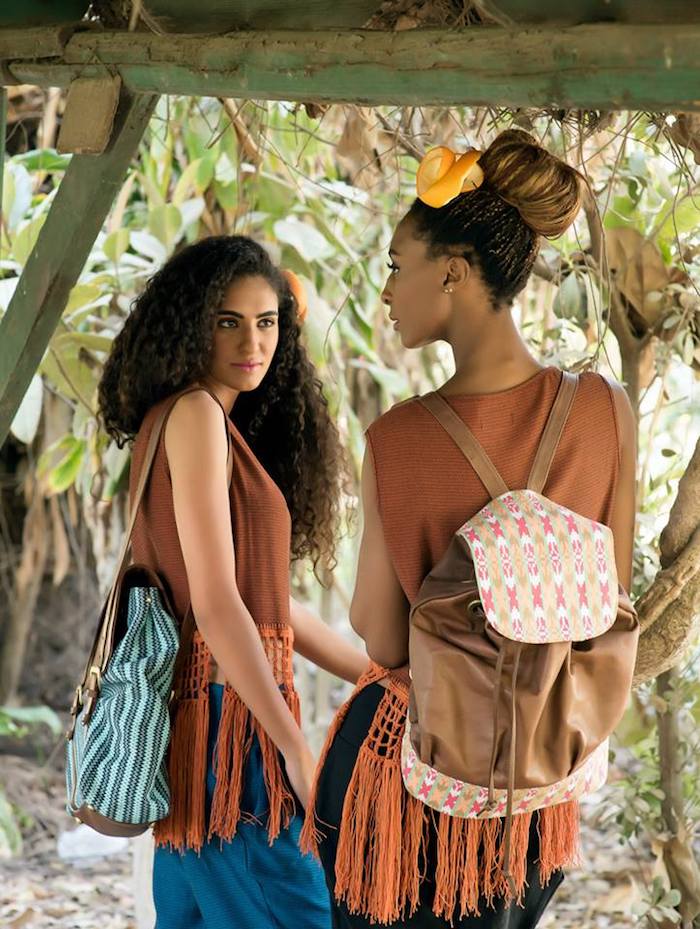
Allaga promotes and attempts to sustain the work of local artisans by incorporating their love for fashion with the incredible culture of Egyptians from Sinai to Suez. The brand produces modern ethnic-style garments, while maintaining Egyptian authenticity through fabrics and embroidery. “It’s a dying craft, now and we want to revive it. No one focuses on authentic locally made things anymore; everyone shops from high street international brands. We rarely pay attention to the craftsmen in Egypt and we’re working on changing that,” says co-founder Injy Elkembeshawy.
Nevin Altmann
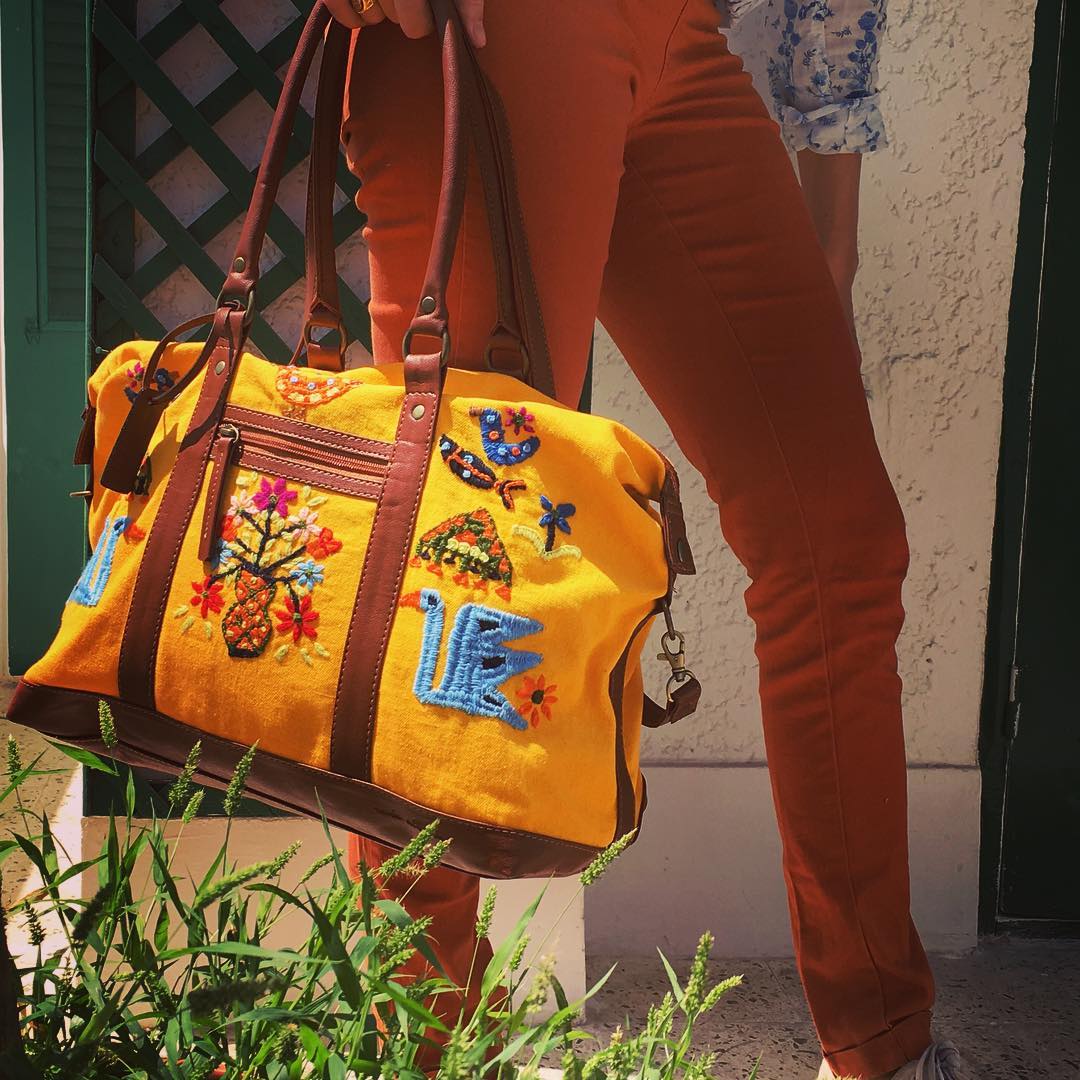
Bringing together a blend of Egyptian authenticity with the modern trends in bags, pouches, and shawls, Nevine Altmann works with female embroiderers from Siwa and Sinai to produce fashionable accessory items that reflect a slice of Egyptian heritage. The brand also sources their fabrics from Bedouin women - further vitalising the textile industry in remote areas.
The Egyptian Network for Integrated Development (ENID)
Supported by the UNDP, ENID works with local NGOs to improve the working opportunities for underprivileged women, particularly in rural areas such as Qena. As part of their work, local female artisans were taken to India to enhance their basic skills in embroidery and needlework and to promote their work globally. With donations received from the Sawiris Foundation, ENID continues to work on elevating the standard of living in Egypt’s poorest areas through literacy, training, and job creation.
Jude Benhalim
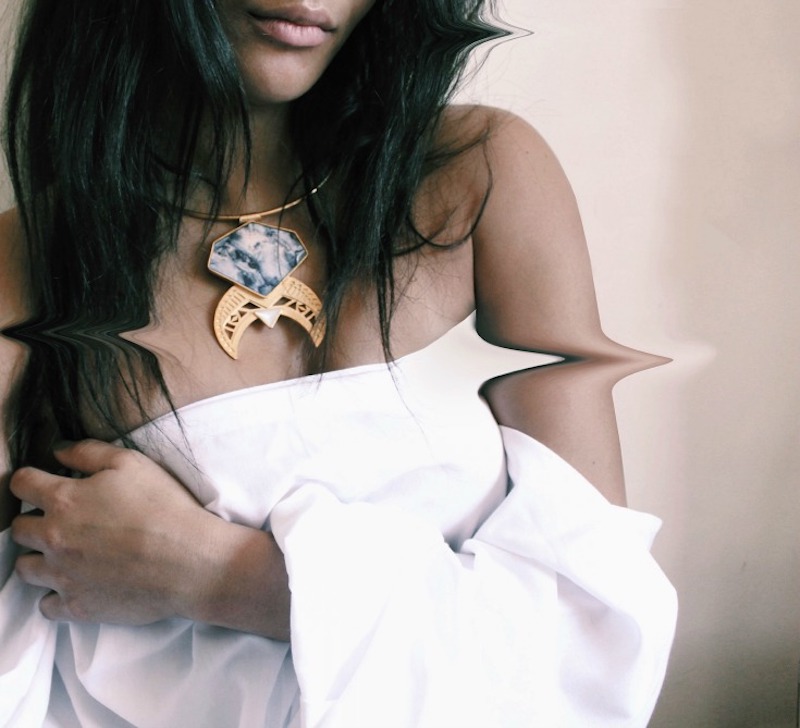
Disrupting the Egyptian fashion scene, Jude Benhalim has been creating timeless and stunning jewellery statement pieces over the course of the years. Using her incredible success, Benhalim has collaborated with local women from Upper Egypt who have worked closely in collaboration to perfect their technique. Benhalim has made it a philosophy to seek out local female talents, which in turn, has allowed them to make a living out their crafts; "I rely on the women to set the stones and polish my pieces, they are my team now," she tells us.
Noura Mossallem

Using fine needlework, and a passion for creating high quality accessories for women, Noura Mossallem supports the textile industry of Upper Egypt by sourcing Egyptian fabrics from old textile villages and from Bedouin souks in El Arish. The brand also has a dedicated workshop of 15 women in the lower-middle class town of Bulaq where women use their talents and skills creating bags, soft furnishings, and personal accessories.
Talalya by Manar Hilal

Manar Hilal designs and oversees the quality of her crochet and knitwear products, while 50 women work their magic from their homes to produce stunning knitwear. One of the primary goals of Hilal’s business is to allow local women the freedom and opportunity to earn income through a creative trade.
Brands supported by Fair Trade Egypt
Fair Trade Egypt is an NGO that works to provide disadvantaged local artisans a platform to display their work. In turn, they are supplied with a competitive space where they can participate in the market. Through promoting cultural, social, and environmentally sound business ethics, artisans can sell their handmade crafts with proceedings going back into their communities.
In the world of fashion, we spotlight two local projects that warrant women the creative and financial power they need to sustain their work and themselves.
Naqada Silk Weaving Project

The weavers in Qena’s Naqada have been crafting colourful ferkas – a type of scarf - for centuries to cater for the needs of Sudanese women who wear them in special occasions. Work had been slow for the women of Naqada until Fair Trade begun to deal with the women and sell their crafts. This enabled them to have a form of financial stability whilst maintaining the century-old trade.
History of Egyptian Embroidery Exhibition

This exhibition features many embroidered masterpieces, all produced by local women from Siwa, Sinai, Upper Egypt, and the countryside. Their hereditary cultural expression and passion for colour is shown through the needlework on bags, dresses, chains, and scarves. As their works is displayed and promoted in Fair Trade, the public is able to capture a glimpse of Egyptian identity while supporting the crafts of local artisans.
- Previous Article Dr.Sisilove or How (Not) To Diffuse A Bomb
- Next Article Oscar-Winning Iranian Drama 'The Salesman': From Sympathy to the Silver Screen
Trending This Week
-
May 01, 2024







